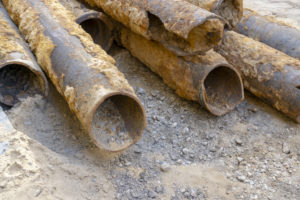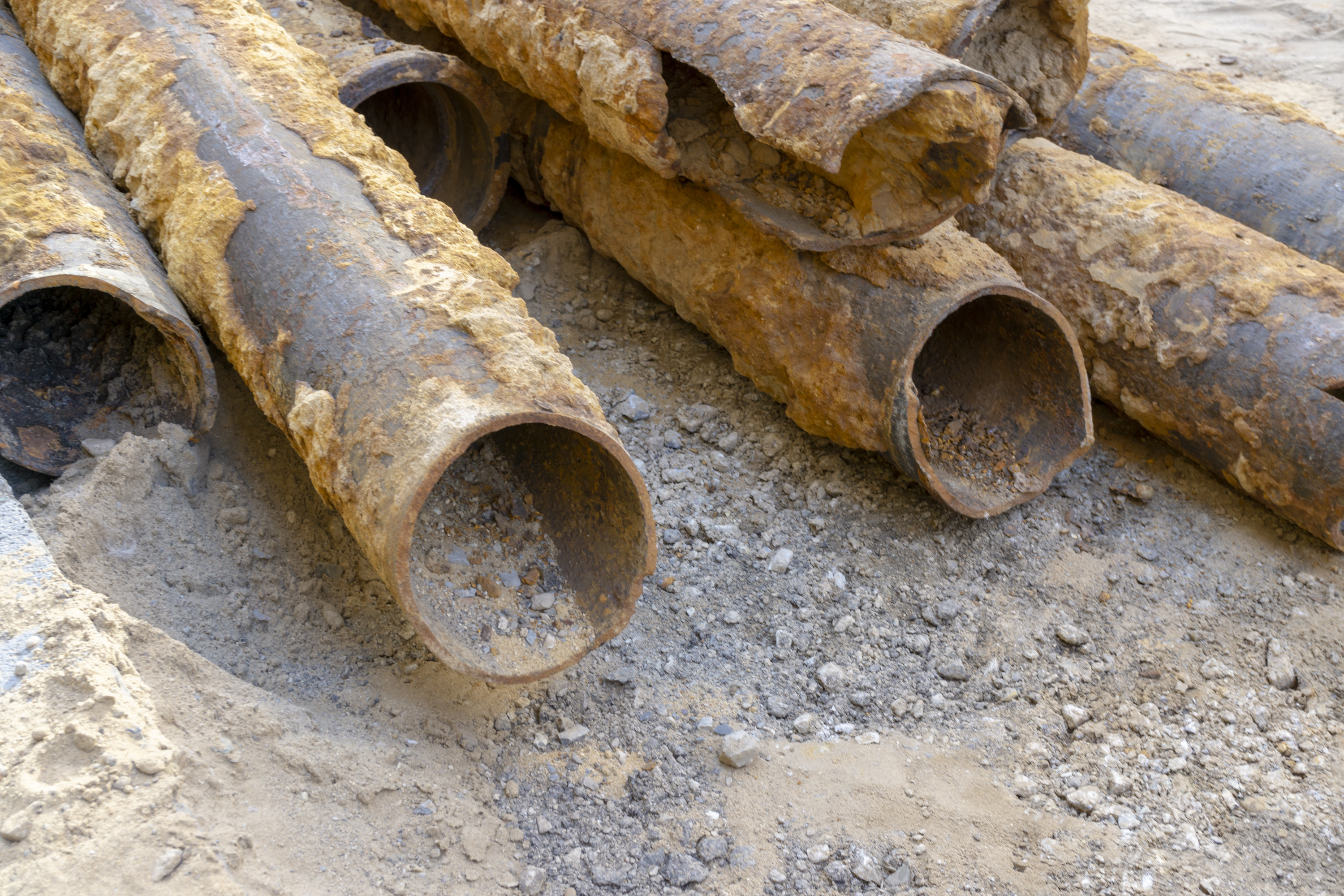
How High Cholesterol Impacts Your Health
According to the American Heart Association high cholesterol levels can increase your chance of having a stroke or heart attack. This is especially true and increases your chances even higher if you are overweight, have diabetes or have high blood pressure. When it comes to the health of your heart and blood vessels, your cholesterol level matters too. Unfortunately most people do not understand what the numbers means. And if you don’t know how high cholesterol will impact your health, you will not know what to do or not to do to keep your heart disease free.
Cholesterol is produced in the body majorly by the liver, but can also be taken in through eating food like meats, butter, and egg yolks. It helps carry the digested fat from the liver to the different cells of the body; with the blood vessels serving as the “highway.” After performing its function, cholesterol returns back to the liver, and the process repeats all over again. When you eat food or fats, this goes through your stomach, is digested and absorbed in your small intestines, and then is sent to your liver. The liver processes and ships the fat for distribution to your body.
Stuck In the Walls
Your arteries carries blood all around your body the same way pipeline carry water around the various pipes in your house. Food and other particles that do not belong in the drain can clog the pipes. This same process occurs in your body. Imagine in your mind small particles floating in your bloodstream. Some of these elements are good, while some are bad. The bad ones will work their way to the linings of your blood vessels (the arteries), and get stuck in the walls, causing a reaction where fluid and cells mix. This is your body’s natural reaction in an attempt to get rid of the bad particles which it considers as foreign invaders. Over many decades, this “battle” between the bad particles and your body’s natural defenses will result in “plaque” build-up (fatty deposits) or a rupture in the affected blood vessels, your arteries.
Slayed by High Cholesterol
If you have been told that your cholesterol is high then you also know that you had no symptoms. This is because the slow formation of plaque in your blood vessel occurs quietly without you knowing. It only becomes apparent when you start to have chest pain. It doesn’t cause you pain, give you a headache, or trigger discomfort on your chest until it starts to block the blood vessels. It works quietly while you order extra cheese on your burger, while you’re choosing large french fries instead of the regular one, or when you’re consuming the big box of left over doughnuts, you brought home from the office.
Why Your Numbers Matter?
Think about your blood vessels as pipelines that delivers oxygenated blood and nutrients to your organs. The same way you pipe get clogged up if you throw all kind of food particles down your sink requiring you to get a plumber, when the same thing happens to the blood vessels in your heart. You will need an intervention done by a cardiologist to unclog the arteries in you heart. It best that your lifestyle supports clean and clear blood vessels. When neglected you will certainly pay a serious price leading to death or disability. Sometimes both.
Heart and blood vessel disease is one of the top killers globally, ranking first place (ahead of all sorts of cancers and medical conditions). High cholesterol is a prominent and modifiable risk factor for the most common forms of heart conditions such as heart attack.
Hundreds of studies for many years have shown the negative impact of high cholesterol, particularly the bad cholesterol, on an individual’s heart health and overall well-being.
Facts About High Cholesterol
- With every 1% drop in your total cholesterol, you’ll have a 2% decrease in the risk of having a heart attack.
- When HDL (the good cholesterol) levels are increased by 2%, the risk of having a heart attack drops by approximately 4%.
- Humans manufacture 2/3 of cholesterol in their body, and only 1/3 comes from the food they eat.
- Most Asian countries, have lower mean levels of total cholesterol than those found in western countries.
What are Lipoproteins? Good Vs Bad
The liver packages cholesterol into “lipoproteins” made from lipids (cholesterol and fat) and protein. These are the different types of cholesterol:
HDL cholesterol– high-density lipoprotein or the “good cholesterol”- The good cholesterol travels in the bloodstream from the peripheral parts of the body, bringing cholesterol back to the liver where it is again broken down.
LDL cholesterol– low-density lipoprotein or the “bad cholesterol”- Transports cholesterol from the liver to different cells in your body. If high amounts of cholesterol (more than what is required) are available, LDL will end up circulating in the bloodstream and be deposited on the inner walls of the arteries. This bad cholesterol can cause blockage, after some time, and result in a lack of blood supply.
VLDL cholesterol– very low-density lipoprotein cholesterol- This is used for fat deposition and energy, and are formed by large, fat particles called “chylomicrons” and “fatty acids.”
Triglycerides– a form of ingested fat- This type is also produced by the liver. In humans, more than 95% of the fat being ingested is in the form of triglycerides.
Lipoprotein (a)– this is the worst kind of cholesterol- also labeled as “Lp(a)”; this type is linked with coronary artery disease (narrowing or blockage of the blood vessels that supply blood into and out of the heart) and atherosclerosis (clogging or hardening of the arteries).- According to studies, Lp(a) is associated with genetic factors more than diet. Screening is, thus, recommended to check for a person’s chances of getting heart disorders, and help prevent the other risk factors which can lead to heart problems.
Knowing the Fatty Figures
It is important to know how much cholesterol is in your blood, to see if you need to take specific steps to lower your risk for certain medical conditions. Talk to your doctor if you have high risk, especially if you have family members with high cholesterol or heart problems. Your doctor will probably order blood test such as a lipid profile.
Don’t be scared if you results show that you have high cholesterol. Your doctor will give you a treatment plan on how to lower it or at the least, prevent it from getting higher. As a guide, the National Cholesterol Education Program released a report stating that:
- A total cholesterol higher than 240 mg/dL suggests ‘high risk’ for heart disease
- A total cholesterol between 200-239 mg/dL places an individual at ‘moderate risk’ for heat conditions
- A total cholesterol lower than 200 mg/dL is considered ‘desirable.’
Additionally, the risk of a heart attack is highest for females with HDLs below 47 mg/dL and males with HDLs below 37 mg/dL. Conversely, the risk is lowest for females with HDLs higher than 60mg/dL, and males higher than 53 mg/dL.
Health Conditions Linked with High Cholesterol
It is a fact that cholesterol plays a significant role in protecting the cells of the body, keeping the brain in top condition, helping the body make vitamins and hormones, among many other benefits. However, in certain situations, high cholesterol blocks the arteries and may cause a person to have a heart attack.
Here are some of the adverse effects of high cholesterol in your body:
It may result in a heart attack or other heart conditions. LDLs also known as the “bad cholesterol,” can squeeze within the walls of the heart. Once inside, these particles mix and snag other elements; creating plaque deposits that, in time, may impede blood flow through the arteries. A plaque may also just break off and cause a blood clot (a gelatinous mass of blood cells and proteins that are incapable of being dissolved) that may block your arteries.
It may clog your brain. High cholesterol increases your risk of plaque deposits in the blood vessels (the cranial arteries) that supply blood to the brain. Just like in your heart, it can block blood flow into your brain, causing a sudden, disabling condition called a “stroke.”
It can result in stones in your gallbladder. Cholesterol contributes to the formation of gallstones (rock-like lumps composed of 80-95% cholesterol) in your gallbladder (the organ which stores bile), that may cause blockage and severe pain.
Myths & Facts
Myth: HDL or good cholesterol can only be raised by specific medications.• Fact: Good cholesterol can be raised by exercising (about 30 minutes daily), losing weight, and giving up smoking. But even after practicing these mentioned habits, your HDL remains low, then medication may be recommended by your physician.
Myth: All fatty food will raise your cholesterol levels.
Fact: No. Dietary fats are not all the same. Saturated fatincreases the amount of fat in the blood. This includes LDLthat brings cholesterol into your blood vessels. On the other hand, polyunsaturated and monounsaturated fatty acidshelp reduce the fat in your blood, decreasing your bad cholesterol levels.
Myth: Women are free from cholesterol worries.
Fact: From adolescence to middle age, the ladies tend to have lower cholesterol than men. According to evidence, the woman’s body is protected by the continuous flow of estrogen. However, starting menopause, the production of estrogen slows down, so older women tend to have higher cholesterol than men.
High cholesterol need not be a curse. It can be lowered with the right plan. Most people start taking cholesterol lowering medications like statins because the don’t change their diet, lose weight or exercise. With proper exercise, careful food choices, and a lifestyle that promotes wellness which includes enough sleep, ditching the harmful vices, and managing stress, high cholesterol can be lowered to acceptable levels without medications.
